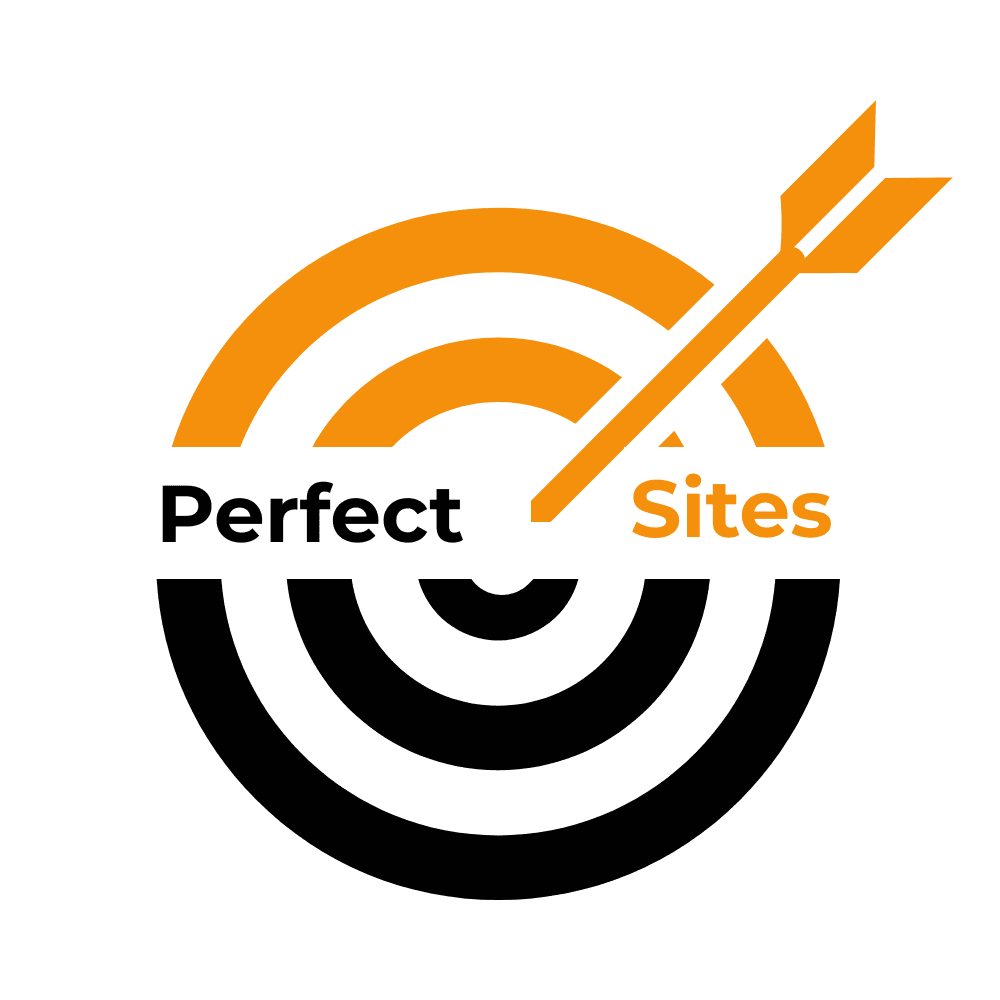Starting a new business website in Jacksonville feels a bit like opening a storefront in the middle of a fast-growing city that hasn’t quite finished building its roads. You’ve got opportunity all around, but if people can’t find you or your front door creaks open too slow, they’ll walk right past. And let’s be honest, they’re probably on their phones while doing it.
Jacksonville isn’t just big in size; it’s big on business too. Florida ranks among the top five states for business growth, and Jacksonville’s one of the main reasons. The city’s economy is expanding, the logistics infrastructure is solid, and digital transformation isn’t just a buzzword here; it’s showing up in the numbers. Small businesses, startups, and solo ventures are thriving in this mix, which means if you’re launching a website here, you’re not just joining the game—you’re stepping into a very active arena.
Enterprise Florida: Florida Business Climate
Alright, so what makes a Jacksonville business website actually work?
Start with the local search game.
Jacksonville has a population pushing a million, and they’re not all scrolling aimlessly. According to the Jacksonville Chamber of Commerce, over 70% of locals find small businesses through online search and mobile browsing. That means your website isn’t just a digital signpost; it’s your storefront, billboard, and business card all rolled into one.
To get found, your site needs to speak the local language. Not literally, but close. You’ll want geo-specific keywords like “Jacksonville HVAC services” or “Riverside yoga studio.” These help you show up on Google Maps, in local search results, and in the minds of people who are already looking for what you offer.
And don’t just sprinkle those keywords like seasoning; bake them into your content—page titles, meta descriptions, image alt text, and especially your homepage copy. That’s how you build relevance that Google actually notices.
Mobile-first is the baseline now.
Florida ranks high for mobile internet use, and Jacksonville’s no exception. People here are browsing on the go, waiting at Bold Bean for coffee, walking along the Riverwalk, or sitting in traffic on I-95 (hopefully not browsing then, but we’re being realistic).
Google’s mobile-first indexing means your mobile site is your real site. So if it loads slowly, looks clunky, or makes users pinch and zoom like it’s 2010, you’re already losing. A good mobile experience isn’t a bonus; it’s the baseline.
Use tools like Google PageSpeed Insights to test your mobile performance. Aim for a load time under 3 seconds. That might sound tight, but attention spans are tighter. Compress your images, keep your code lean, and don’t overcomplicate the design. Simple, clean, fast—that’s the trio that wins.
Speed and security: the trust factors.
Jacksonville’s business crowd is getting more tech-savvy by the day. They know when a site feels slow or sketchy, and they bounce fast. According to HubSpot, nearly half of users expect a site to load in under 2 seconds.
So yes, you need good hosting. But also SSL encryption, daily backups, and a content delivery network (CDN) to serve your site fast, even during traffic spikes. Add caching, lazy loading for images, and minified code to shave off those precious milliseconds.
Think of it like showing up to a job interview. If your site takes too long to load, it’s like walking in late, mumbling your name, and spilling coffee on the table.
Speak Jacksonville.
This city has its own rhythm. It’s a mix of riverfront grit, beach-town charm, and a surprisingly strong arts scene. So your website shouldn’t look like it was made for Anywhere, USA.
Use imagery that locals recognize. The Main Street Bridge at dusk. The Riverside Arts Market on a Saturday. A Jags fan in full teal. These aren’t just pictures; they’re signals that say, “Hey, we’re from here.”
And if you’re involved in the community, say so. Sponsor a Little League team? Mention it. Partner with a local nonprofit? Highlight it. People in Jacksonville care about local ties. Show yours.
Marketing tools that actually work.
Your website shouldn’t just sit there like a digital brochure. It should be a machine that helps you grow. That means integrating the right tools from the start.
Google Analytics 4 gives you real-time data on what users are doing. Mailchimp or HubSpot can help you collect leads and stay in touch. Facebook Pixel and Google Ads let you run retargeting campaigns so your site visitors don’t just vanish into the ether.
These tools aren’t just for big brands; they’re for anyone who wants to know what’s working and what’s not. In a city as competitive as Jacksonville, guessing isn’t a strategy.
Accessibility isn’t optional.
Here’s something that doesn’t get talked about enough:
accessibility. Florida businesses are increasingly getting hit with lawsuits over websites that aren’t ADA-compliant. It’s not just about checking a box; it’s about making sure everyone can use your site.
Use tools like WAVE to audit your site and make sure it meets WCAG 2.1 standards. That means readable fonts, keyboard navigation, alt text for images, and thoughtful color contrast.
It’s good business. It’s the right thing. And it keeps you out of legal trouble. Win-win-win.
Work with folks who know the terrain.
You could hire a web agency from anywhere. But if you’re building a site for Jacksonville, it helps to work with people who actually know Jacksonville.
A local agency like Perfect Sites (yes, that’s us) understands the quirks of this market. We know what neighborhoods are growing, what keywords matter, and how to build a site that feels like it belongs here. We don’t just make pretty pages; we build sites that convert, rank, and actually help your business grow.
We’re not just designing websites. We’re helping you connect with your city.
So what’s the takeaway?
Launching a new business website in Jacksonville isn’t just about getting online. It’s about being smart from the start. Nail your local SEO. Make it mobile-first. Keep it fast and secure. Speak the local language. Use the right tools. Stay accessible. And work with people who get the city.
Do all that, and your website won’t just exist; it’ll work.
That’s the view from the ground.
We’ll be back soon with more real-world insights.
Until then, keep building.
– Perfect Sites Blog

